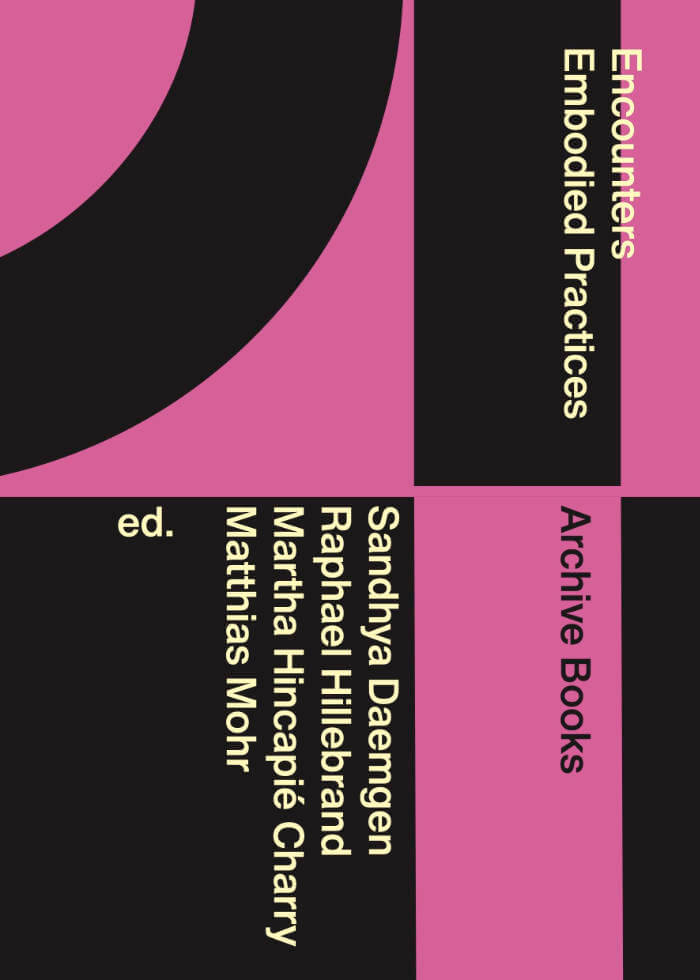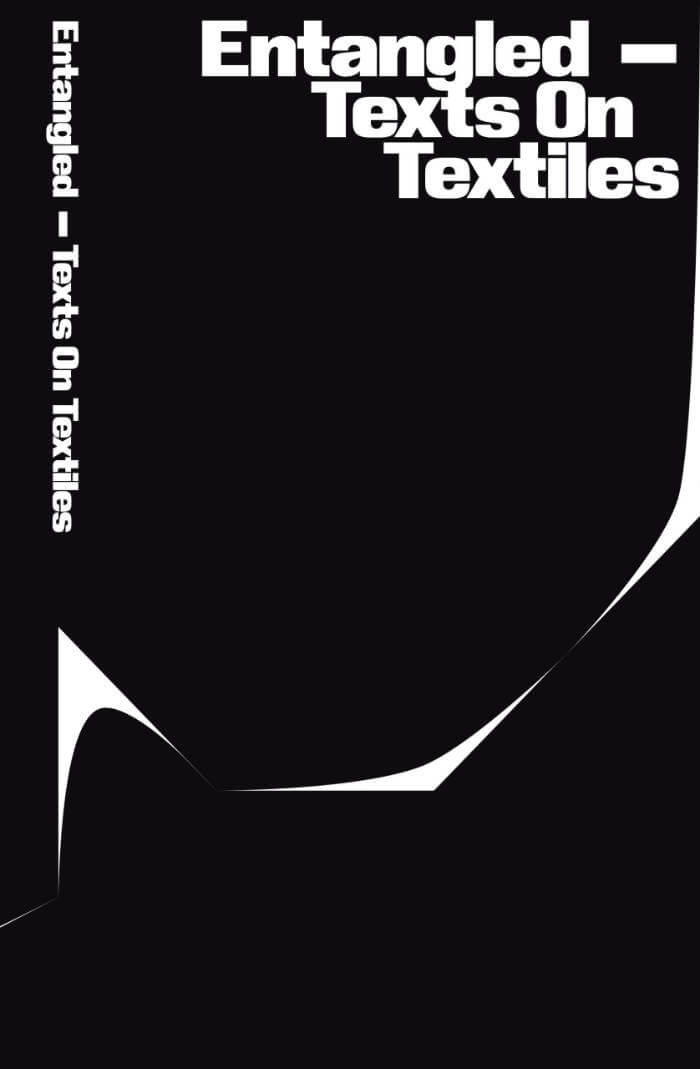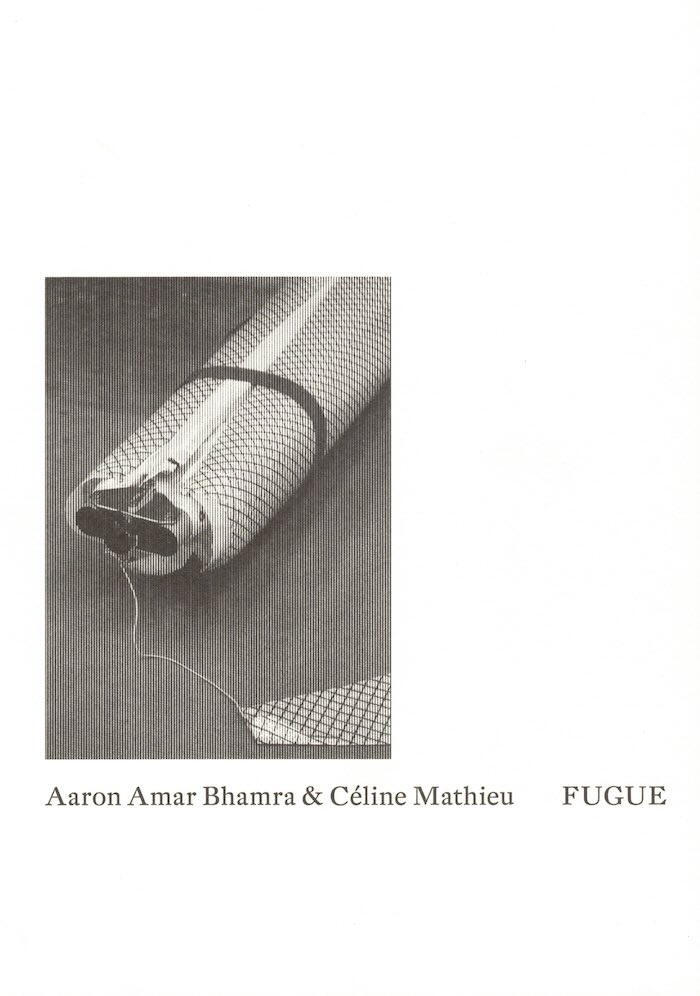
Holes Dug, Rocks Thrown – Line Skywalker Karlström's Works Through the Prism of Queer and Feminist Art Practices
First comprehensive monograph of the Swedish queer and feminist performance artist.
Holes Dug, Rocks Thrown is the first comprehensive presentation of Line Skywalker Karlström's work. It documents a practice, that over a period of more than twenty years have been committed to "queer feminist world making" using a performative and embodied approach. Correspondingly with Skywalker Karlström's understanding of art as a chaotic and associative knowledge production, which unfolds as a collaborative and ongoing conversation, their book has become a bastard monograph, which describes an artistic practice through its relationships and its flock. For the book, Skywalker Karlström has invited a number of colleagues to engage in conversations with them departing from selected works and jointly attempt to expand upon the strengths and qualities of queer and feminist artistic strategies. In addition to an extensive documentation of works, drawings and ephemera, Holes Dug, Rocks Thrown contains a number of inserts with works by other artists, which have informed Skywalker Karlström's art practice.
Line Skywalker Karlström (born 1971 in Karlstad, Sweden, lives and works in Berlin) is a Swedish performance artist who works with a diverse range of materials dealing with the role of art in life, lesbian and gay identity and the perception of space. Her performances take place in the public realm and also in gallery installations. Karlström was a member of the feminist performance group High Heels Sisters (2002-2007), and a founding member of YES! Association / Föreningen JA! (2005-2018), a group of Swedish artist activists that she left in 2009.







